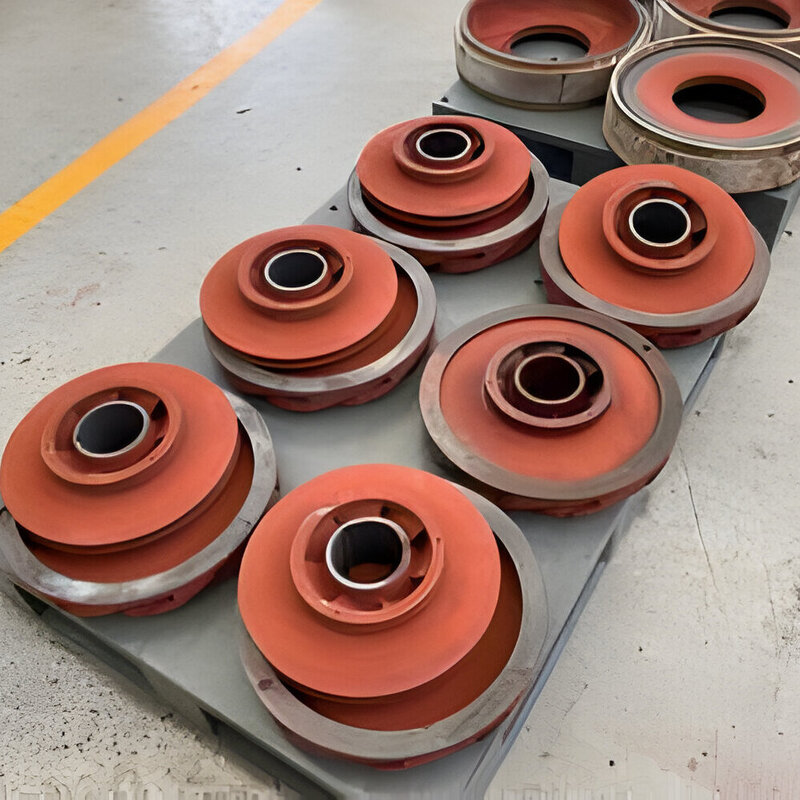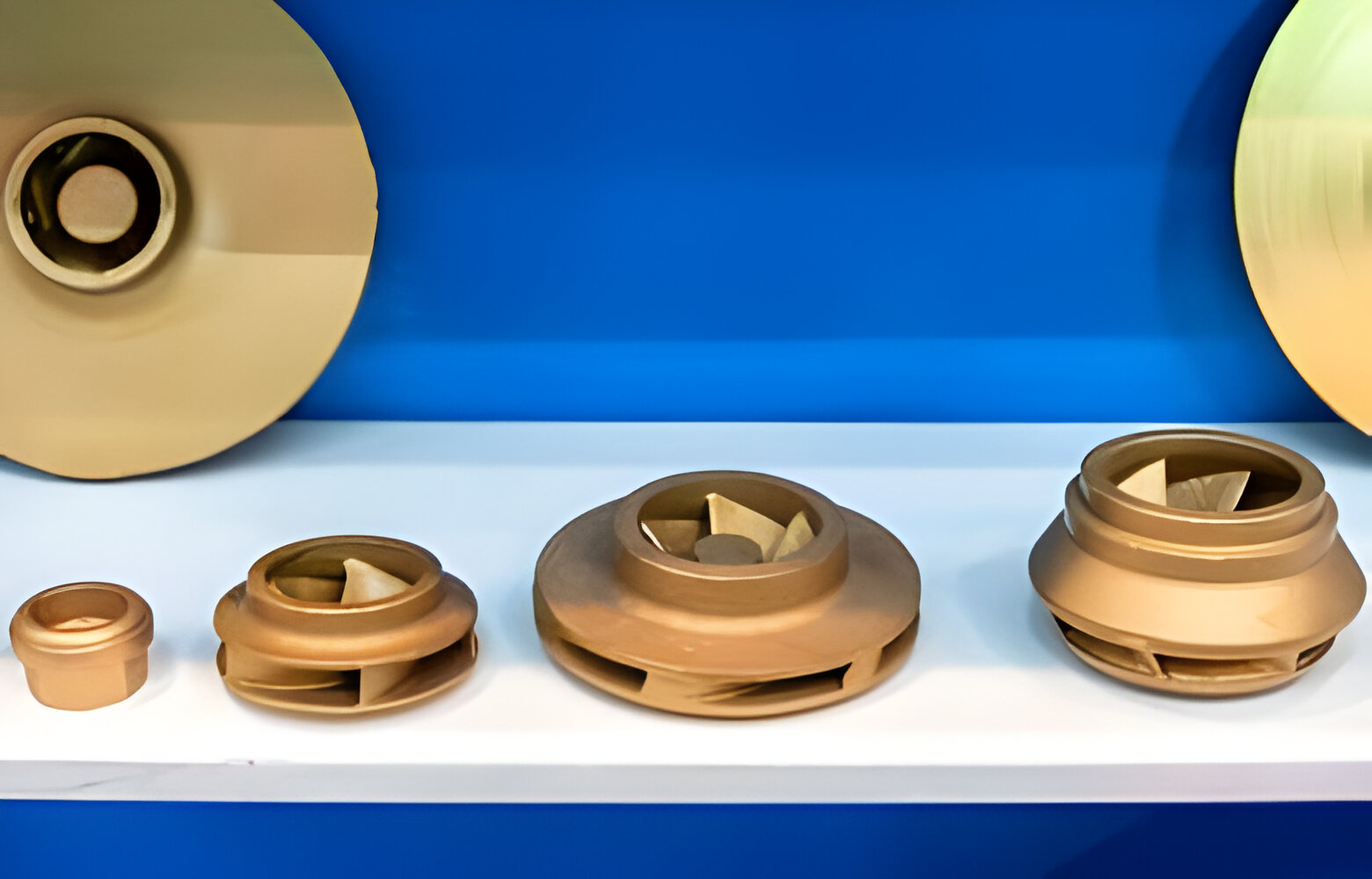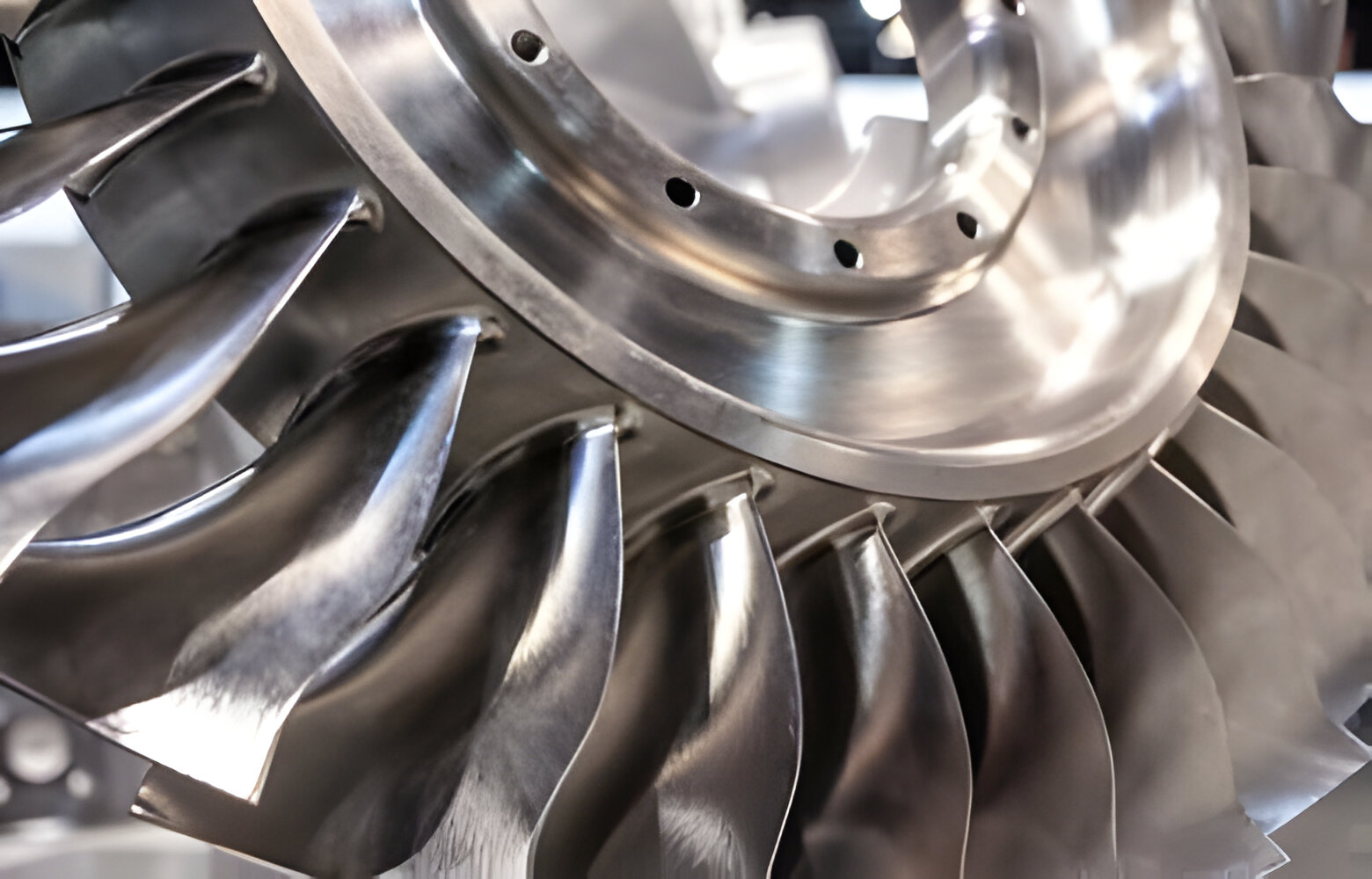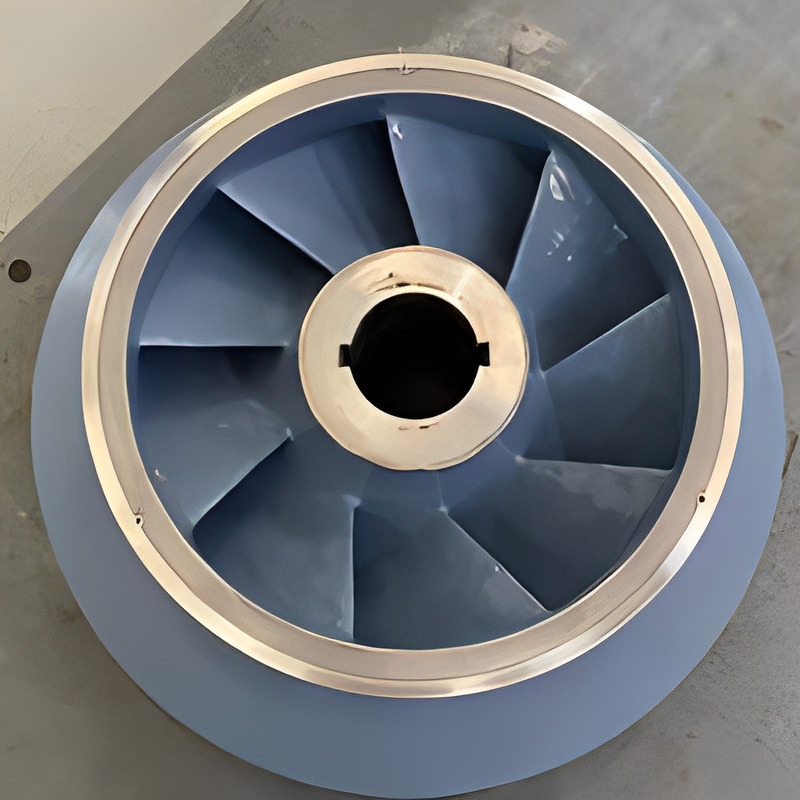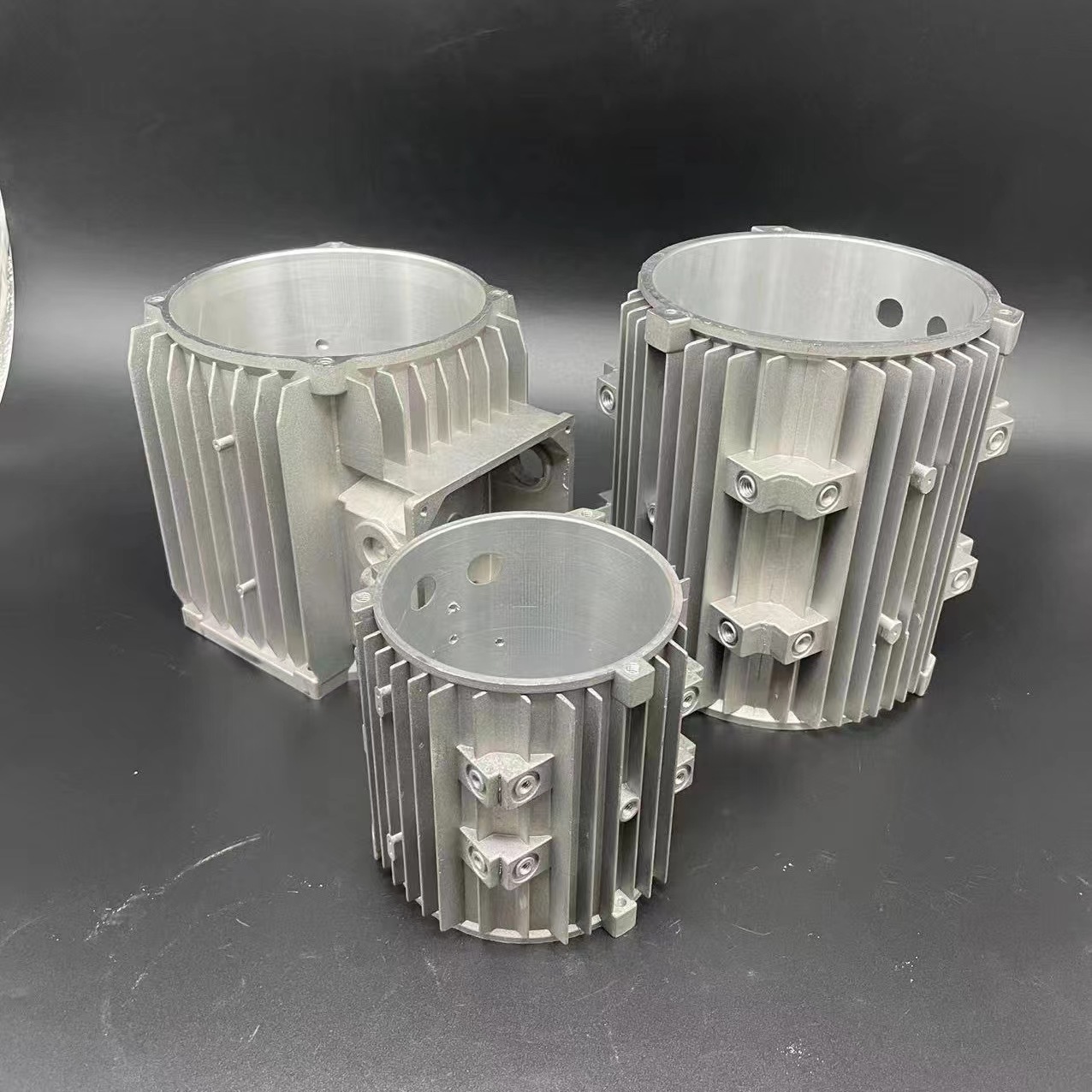In the realm of fluid mechanics and pump technology, impellers play a pivotal role in the efficient transfer of liquids. Among the various methods of impeller production, cast impellers stand out for their versatility, durability, and performance. Let's delve into the intricacies of cast impellers, exploring their manufacturing processes, applications, and advantages.
Cast impellers are fabricated through techniques like investment casting or sand casting, which allow for intricate designs and precise tolerances. Among these, investment casting impellers are particularly renowned for their ability to produce complex geometries with minimal machining required. This process involves creating a wax pattern of the impeller, coating it with a ceramic shell, melting away the wax, and pouring molten metal into the cavity. This results in high-quality impellers with excellent surface finish and dimensional accuracy.
One common application of cast impellers is in centrifugal pumps, where they are responsible for generating centrifugal force to propel fluids. These pumps find extensive use in various industries ranging from water treatment plants to oil refineries. Fuel pump impellers, for instance, are critical components in automotive fuel delivery systems, ensuring a steady flow of fuel to the engine. Similarly, boat water pump impellers are essential for cooling marine engines, preventing overheating and ensuring smooth operation.
Pool pump impellers are another example where cast impellers excel, maintaining proper circulation and filtration of pool water. The efficiency and reliability of these impellers contribute to energy savings and prolong the lifespan of pool equipment. OEM well-casted impellers cater to specific requirements of original equipment manufacturers, offering customized solutions for various pump applications.
When it comes to material selection, stainless steel and bronze are preferred choices for cast impellers due to their corrosion resistance and mechanical properties. Stainless steel castings manufacturers employ advanced techniques to produce impellers with superior strength and durability, suitable for demanding environments such as chemical processing plants and wastewater treatment facilities.
In comparison, cast iron impellers are known for their affordability and good machinability, making them suitable for general-purpose applications where cost-effectiveness is a priority. However, bronze impellers offer better resistance to corrosion and erosion, making them ideal for marine and corrosive fluid applications.
Understanding how impeller pumps work is essential for appreciating the role of cast impellers in pump performance. These pumps operate on the principle of centrifugal force, wherein the rotating impeller accelerates the fluid outward, creating a low-pressure zone at the center, which draws more fluid into the pump. This continuous flow mechanism enables efficient transfer of liquids with minimal energy consumption.
The manufacturing process of impeller casting involves meticulous planning and precision engineering to ensure optimal performance and reliability. Impeller casting manufacturers adhere to stringent quality control measures to produce impellers that meet or exceed industry standards. From initial design to final inspection, each step is carefully monitored to deliver flawless products to customers.
In conclusion, cast impellers offer unparalleled advantages in terms of performance, durability, and versatility. Whether it's centrifugal pump impellers for industrial applications or water pump impellers for residential use, cast impellers play a vital role in fluid transfer systems. By harnessing the expertise of stainless steel casting processes and investment casting techniques, manufacturers can produce high-quality impellers that meet the diverse needs of customers across various industries.

